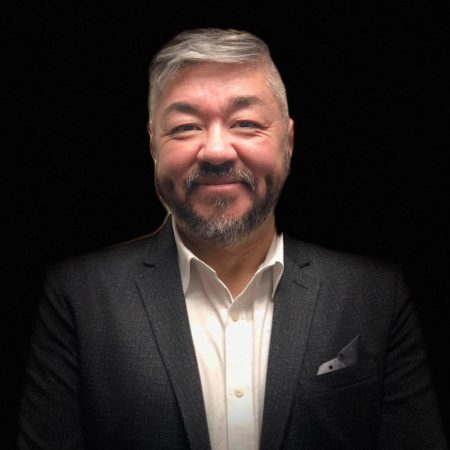 Dr. Luke H. Mortensen serves as Chair of the Biomedical Sciences Department, as well as Director of Faculty Development at the Idaho College of Osteopathic Medicine.
Dr. Luke H. Mortensen serves as Chair of the Biomedical Sciences Department, as well as Director of Faculty Development at the Idaho College of Osteopathic Medicine.
Dr. Mortensen most recently served as Vice President and Chair of Medical Education at the American Association of Colleges of Osteopathic Medicine (AACOM) where he engaged with association member colleges to promote excellence in osteopathic medical education throughout the educational continuum by facilitating collaboration, providing services through constituent group activities, and developing resources for osteopathic medical education professionals.
Prior to his work with AACOM, he was a tenured faculty member at Des Moines University where he taught clinical pharmacology, toxicology, and physiology for seventeen years while also serving in administration to develop and provide basic science and clinical professional development to both faculty and residents in a variety of health care professions.
Luke’s academic interests include interprofessional education and practice as a modality for the planning and implementation of workshop institutes for the Interprofessional Education Collaborative (IPEC) which seeks to promote and encourage efforts that would advance substantive interprofessional learning experiences to help prepare future clinicians for team-based care of patients.
He received his doctoral training at Michigan State University, Lansing, Michigan and post-doctoral experience at the University of Texas Health Sciences Center in San Antonio, Texas. He is a Fellow of the American Heart Association and a Fellow of the National Academy of Osteopathic Medical Educators.
Q: What inspired you to pursue a career in medical education?
A: Along with my graduate training at Michigan State University, I was given many opportunities to teach clinical pharmacology, toxicology, and physiology to the medical students in the osteopathic and allopathic programs. The satisfaction I received throughout my entire career in being able to grow the profession through teaching and learning has been more than rewarding. In addition to being honored to teach to more than 6,500 medical and other health science students since my very first official faculty and research position at Des Moines University, I have also been privileged to provide professional faculty development to foundational science and clinical faculty toward best practices in teaching and learning in my previous administrative roles at AACOM.
Q: Why did you decide to work for ICOM?
A: Two colleagues from within the osteopathic profession were part of the initial development of ICOM; their offers to join them in the formation and growth of a new osteopathic educational institution was a challenge not to be refused. I believe that many educators would agree with the statement: “Once a teacher, always a teacher.” In that regard, I have been engaged in teaching and educational administration at the professional level for over twenty-five years – it is a wonderful career and it never leaves you as a positive life influence. As a founding team member here at ICOM, the formative experiences and trials of growing a new medical school has been an adventure in reinvigorating my teaching and educational administrative goals.
Q: What is your favorite memory from your time at ICOM?
A: Early on in ICOM’s development, we were temporarily housed in a small building in Boise. The quarters were cramped, and many tiny offices were made available for the growing faculty and staff hires. Despite the challenges of a small space, it made for an atmosphere and climate that allowed us to more easily and effectively collaborate and connect together. Many significant and enduring relationships started in that cozy location and they continue to this day in our magnificent location here in Meridian.
Q: What is the best part of your job?
A: I get to work with people I appreciate and respect on a daily basis. The level of professionalism and skill I see every day is remarkable; this is observable throughout our community including faculty, staff, and students. We all have a common goal in educating and developing our learners to be competent and caring physicians. The devotion and kindhearted compassion displayed by my colleagues here at ICOM makes it an incredibly inspiring place to be.
Q: What advice do you have for ICOM’s student doctors as they prepare to become physicians?
A: As a future professional, don’t forget your past and all the reasons you have for choosing this profession. When you get through your training and finally settle into a routine, you will have time to reflect on all you have done and experienced to get to that point in your life and career. Make sure that you took every opportunity to be thoughtfully kind, endlessly compassionate, deeply empathetic, generous with your time, restoratively forgiving, humbly inspiring, and emphatically grateful. Make a difference in the lives of others whenever and however you can.